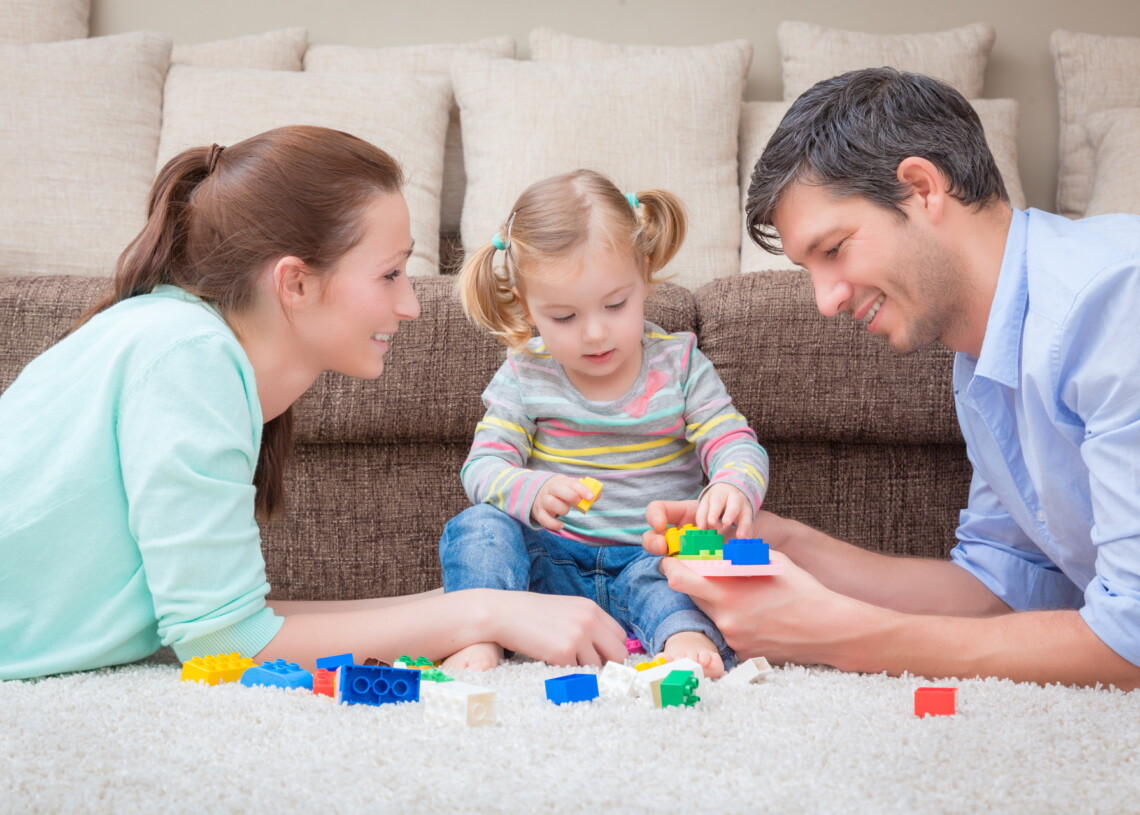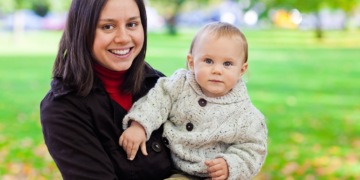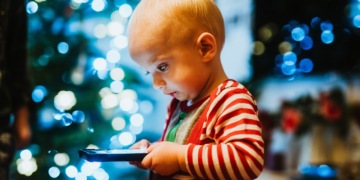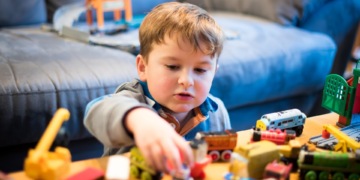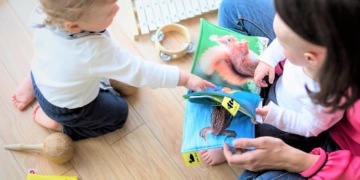Key Notes
- Every facet of a child's growth is intertwined
- The capacity of a child to pick up knowledge is impacted by their ability to empathize with others and manage their impulsive urges
- Always spend quality time with your child to ensure a healthy social and emotional development
- Children need to understand much more of their feelings and those of others as they encounter angry outbursts, changes in mood, and a widening social setting
- It is important for parents to understand if the child is reflecting any of these signs
The mind grows the fastest throughout the early years, laying the groundwork for psychosocial maturation. Language develops, infants develop total muscle control, cognitive thinking grows increasingly complicated, and they try to comprehend their personal as well as others’ sentiments too.
What Aids Social and Emotional Development in Early Childhood?
Early childhood social and emotional development relates to children’s early development to encounter, control, and articulate a full variety of feelings, establish meaningful, rewarding connections with other youngsters, and continuously explore and learn about their world.
Some of the factors that impact social and emotional skills include:
- Genetics impact social-emotional skills. DNA creates the brain’s structure: genetics give “directions” for developing the body
- In addition, circumstances also have an impact on the brain structure. The events influence the directions to be followed or not
Encounters with the primary caregiver, extended relatives, caretakers, teachers, and the environment make up a kid’s formative experiences.
The importance of early encounters may establish a powerful or feeble framework that can affect the way kids respond and interact with the environment around them for their entire lives, given the accelerated rate of neurodevelopment throughout infancy.
Most newborns and early children’s social and emotional development follows a typical pattern. Children strive to establish deep bonds with caretakers, calm down while agitated, cooperate and interact with everyone, and adhere to and respond to commands. These indicators point to a child’s social and emotional growth being favourable.
Why Does Social and Emotional Development Matter?
All the indicators that point towards favourable development in young children are not universal. It is not the case for all youngsters. At a minimum, 10% of children aged newborn to five who might be subjected to genetic, domestic, or circumstantial factors has disturbances in early social-emotional growth.
The disturbances in early-social emotional growth can have many negative impacts. Some of them include:
- Psychological problems
- Kids treated badly, abused, or subjected to other types of traumas frequently produce high amounts of cortisol, a stress hormone released by the body as a response to stressful events.
- Extended spells of excessive strain in young life could potentially harm the brain and other growing body structures for the rest of one’s life.
- Toxic stress, described as the chronic stimulation of the stress response systems within the lack of a buffer and responding caretaker, puts children in danger of bad social, psychological, and cognitive development and healthy physical growth.
Who Plays a Part in Encouraging Strong Social and Emotional Development?
Supervisors who are attentive and supportive are critical for social and emotional health. New brain connections are formed and reinforced whenever a parent or other main caretakers react to a child’s babble, tears, and motions through nonverbal contact, touch, and speech; this is called “serve and return.”
Such ties help grow a child’s overall health and wellbeing. In addition, for particularly small kids, strong ties with caregivers might help cushion and lessen the destructive impacts of hardship.

Family connections are not the only source of interpersonal and emotional development. Households, society, and the environment all impact cultural and interpersonal conventions, beliefs, expectancies, and speech, along with child-rearing ideologies.
Additional caretakers, close relatives, and experts can help promote good social and emotional development and manage psychological problems.
Approximately ten kids below five are registered in primary education systems, including residential and center-based day-care and pre – k classes. Generally, small kids experience upwards of 30 hours per week in primary learning environments involving nonparental caretakers.
As a result, experts that provide for and educate small kids are crucial participants in promoting social and emotional development and school preparation.
How Does Early Childhood Education Promote Social and Emotional Development?
Early learning environments provide many chances for children to acquire and practice their social skills; nevertheless, the nature of such environments influences whether a child’s social and emotional development is facilitated or not.
Kids gain through “constant, warm, and exciting” encounters involving caretakers that are super attentive and willing to individualize education depending on the needs and capacities of the students in such high-quality environments.
In high-quality settings, primary educators are educated in early childhood education; therefore, they are likely to be less authoritarian, controlling, and rigid in their teaching methods and ensure that this setting is a safe space for them.
High-quality early educational experiences can help lower the likelihood of psychological problems in kids. In addition, according to studies, deprivation, depression, and other lifestyle factors may all be mitigated.
Elevated child-rearing, according to the Centres for Disease Control and Prevention, assists at-risk kids to establish endurance, in part because of the ties they develop with caretakers because kids see at most someone sympathetic in their lives, children are far less likely to suffer from traumatic stress and the negative consequences of negative events that they may have to face.
Conclusion
This was the complete guide for social and emotional development in early childhood for your child. The early years are crucial for children to gain social and emotional abilities. The events and interactions you have throughout this period might have long-term consequences. The risks are considerably greater for students who experience challenges to healthy growth.
Strong ties among families & nonparental caregivers are essential for fostering the social and emotional development of all young children so that they’re equipped to flourish in school and beyond. Therefore, always keep your child motivated and encouraged to always do better.
Read also: Fine Motor Skills Examples For Toddlers (1-3 Years)
Read also: Improve your kid’s skills with picture storytelling.
















